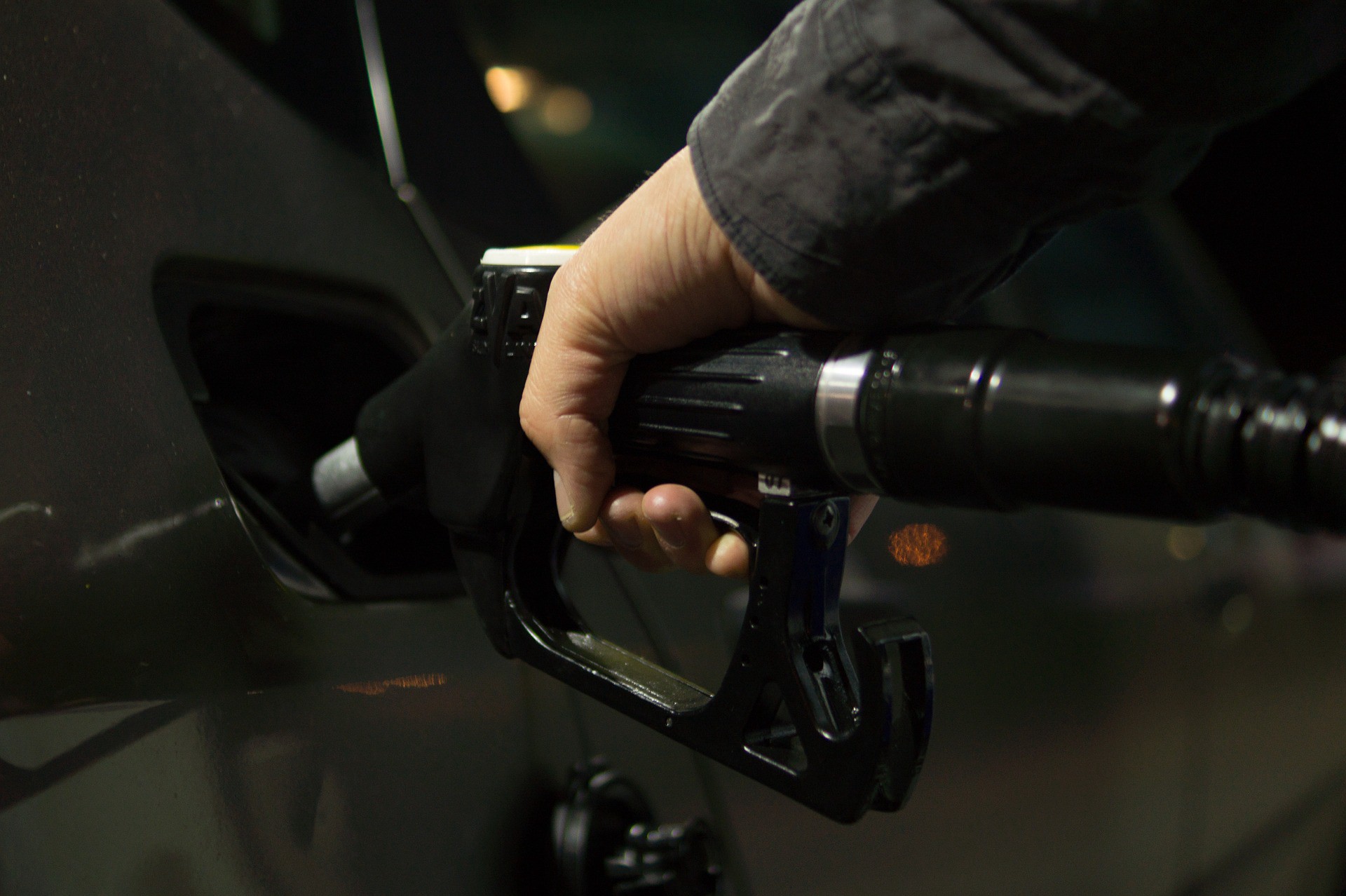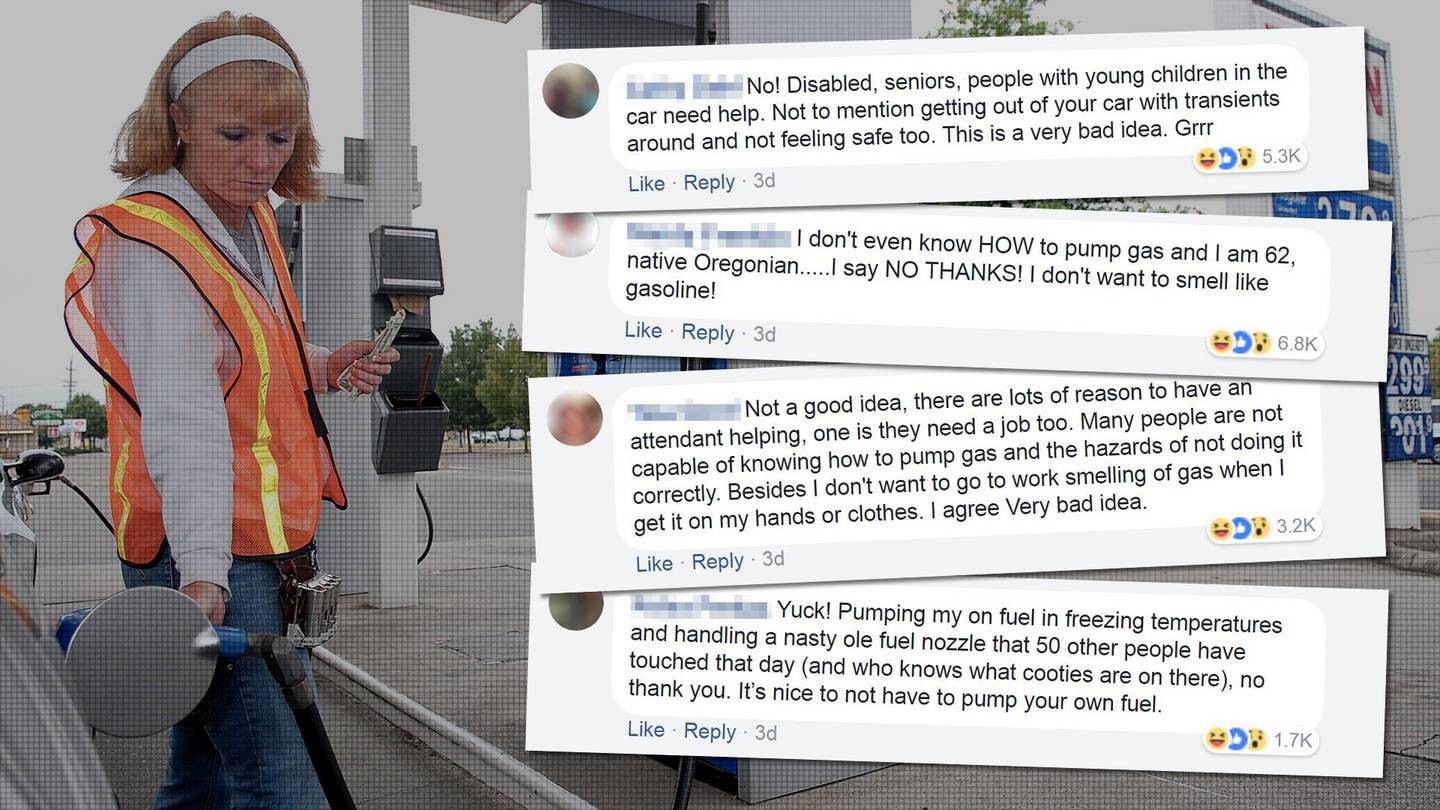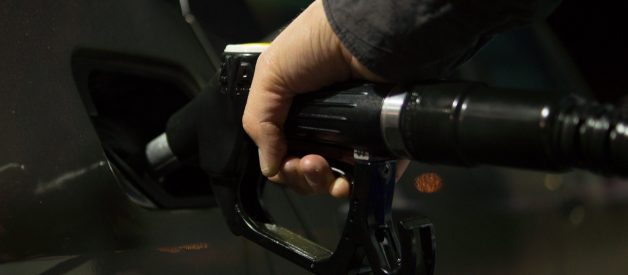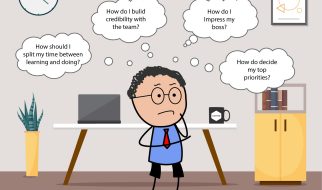I was born and raised in Oregon. Whenever my family traveled out of state, I was never the one pumping gas. It wasn?t until I was 20 years old in a summer internship in Washington State that I pumped gas for the first time. It was slow, awkward, and my boss had to teach me. I mentioned the experience to an LA Times reporter and ended up being quoted in a story.
The law remains an oddity, with New Jersey being the only other state that continues to ban self-service. Oregon?s ban on self-serve gas has been on the books since 1951. Nominally, it?s straightforward: ?It?s illegal to pump your own gas, a gas station employee must do it.? The reality of the law in 2019 is much more complicated.
- Motorcyclists have been able to pump their own gas since 2002. But only if they?re ?handed a discharge nozzle? by a station attendant.
- Owners of diesel vehicles have always been able to pump their own gas, as the 1951 ban never extended to diesel.
- Starting in 2015, counties with populations under 40,000 people (all of Eastern Oregon except Deschutes County, and a few counties west of the Cascades) can allow self serve gas?.unless said gas station has a mini-mart attached, at which point you can only pump your own gas between 6 P.M. and 6 A.M.
- Farmers can dispense fuel into their own vehicles, as can commercial truck drivers, using special cards to access special stations that only cater to commercial customers. Federal employees can also pump their own gas on Federal property.
Few people know that Oregon police can?t arrest or ticket you for pumping your own gas. In fact, state and local police aren?t authorized to enforce the law at all. According to the text of the statute, only the Oregon Fire Marshall can enforce the law, and only the gas station can be sanctioned with a fine not exceeding $500, which only happens if the gas station owner turns down an appeal.
In effect, Oregon?s ban is cultural and self-imposed. While everyone knows ?it?s illegal to pump your own gas,? few know how toothless the law really is. There?s no website comment form or tipline on the Oregon Fire Marshall website, just an office phone number and email address.
Meanwhile in Washington State
Written into the statute are 17 reasons why the state deemed it in the public interest to ban self-serve gasoline, or as the state refers to it, ?Class 1 flammable liquids.? The reasons were added to as time went on, and range from anachronistic to silly:
- ?The dangers of crime and slick surfaces described in subsection (3) of this section are enhanced because Oregon?s weather is uniquely adverse, causing wet pavement and reduced visibility? Because slipping is a significant hazard in covered gas stations, and rain isn?t a problem in other states.
- ?The increased use of self-service at retail in other states has contributed to diminishing the availability of automotive repair facilities at gasoline stations? Spoiler alert, this 1951 law did not stop the closing of repair shops at gas stations in Oregon.
- ? Small children left unattended when customers leave to make payment at retail self-service stations creates a dangerous situation.? This reason was updated as late as 2007, long after the advent of credit card readers at gas pumps. Apparently strangers might grab children when you?re standing 2 feet from them inserting your credit card.
- ?Self-service dispensing at retail contributes to unemployment, particularly among young people.? This one is particularly funny, given that one of the reasons preceding it is: ?Exposure to toxic fumes represents a health hazard to customers dispensing Class 1 flammable liquids.? Apparently, gasoline fumes are dangerous, so dangerous that it?s important that we employ young people to dispense them.
 Please don?t do this unless you are young and unemployed ? it?s dangerous!
Please don?t do this unless you are young and unemployed ? it?s dangerous!
The safety and job creation arguments are laughable, and have only gotten more absurd as the law has progressively weakened. If dispensing gasoline is so dangerous, why can you dispense it at one rural gas station at 3 P.M., but not the station across the street with a mini-mart? If dispensing gasoline is so dangerous, why are motorcyclists allowed to do the most dangerous part, the actual pumping, but not allowed to swipe the card for payment? Why should you be allowed to dispense gasoline in a rural county at 7 P.M. but not an urban one? If jobs are the concern, then why are Oregon?s rural counties, which are lagging behind in job growth, having not recovered from the recession, partially exempt from the self serve ban?
Job creation arguments get even murkier when you consider that justifying job creation from mandating self-serve tasks be done by employees can be used to justify requiring grocery stores to have courtesy clerks push your cart to your car, or that every car repair shop hire a ?hole digger,? to move dirt around and reduce unemployment. Requiring businesses to hire superfluous workers is antithetical to economic growth and worker productivity, and there?s little evidence that Oregon?s pumping law has helped blunt job losses, as the state?s economy is notoriously prone to rough downturns and wild booms.
Ignoring the labor market impacts of the law, there are other impacts. Requiring an attendant to ?unhook? the gas nozzle from your car after you?ve filled up slows down fueling time and leads to lines at gas stations. Employees darting across gas station lanes or waiting for customers are at risk from being hit by vehicles.
If the law is so absurd, why does it remain? In one word, ?gerontocracy,? or rule by the elderly. Public Policy Polling polled Oregon residents in 2014, finding that 46% of Oregonians supported keeping the ban, with 44% of Oregonians wishing to end it. However, among voters under 45, support for ending the ban was up by 20 points. Longtime Oregon residents have become accustomed to Oregon?s method of pumping gas, and feel little desire for change, forcing legislators to piecemeal tear apart the law.
It?s time for Oregon to move on. And if the legislature won?t do it, try it yourself. Next time you?re fueling up in Oregon, and the attendant isn?t getting to your car, get out and start pumping. The worst thing they can do is yell at you or tell you to leave.
If they?re too rude, threaten to take a selfie of you pumping gas and email it to the state Fire Marshall. The station will be the one fined, not you.
 OK, Boomer
OK, Boomer


